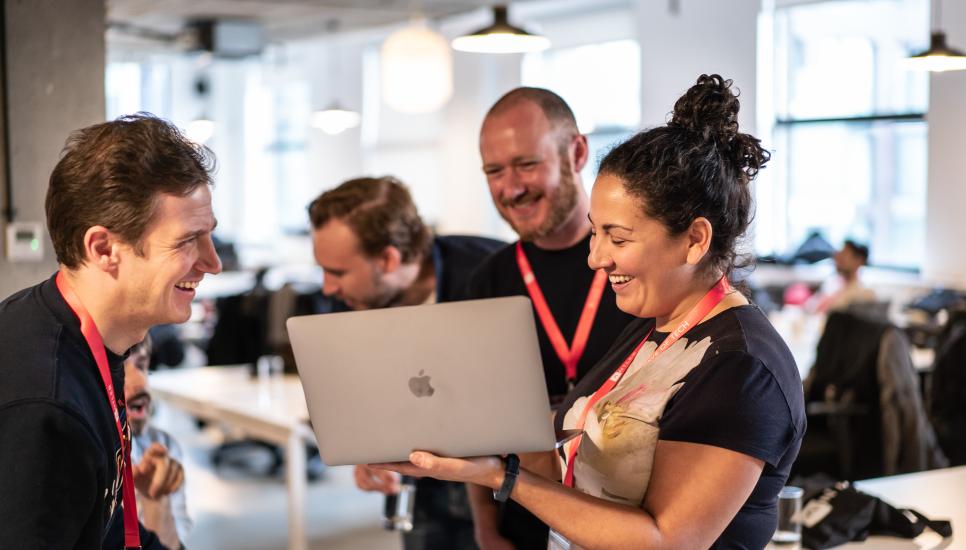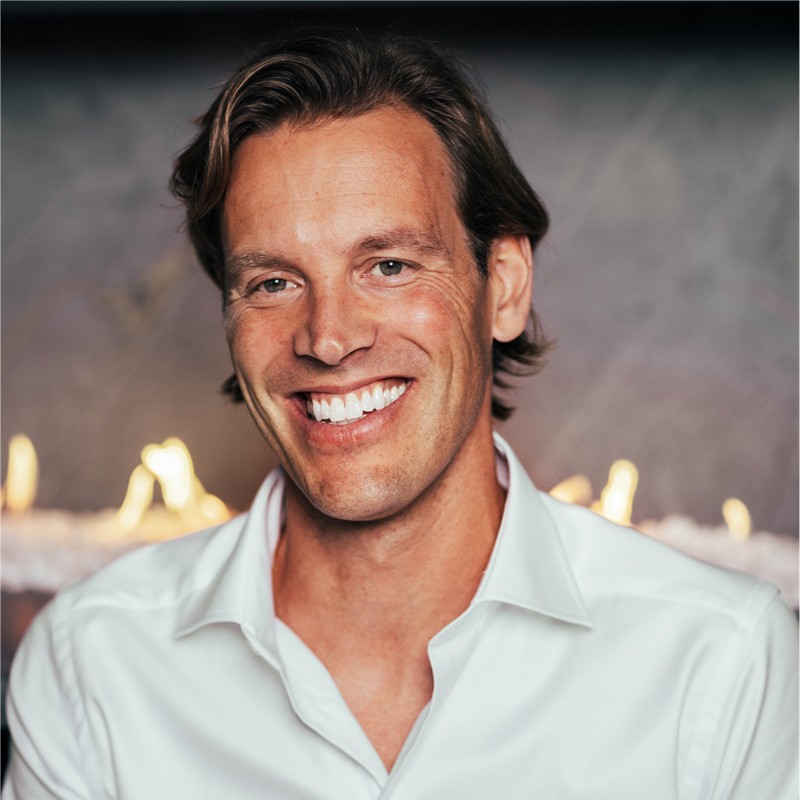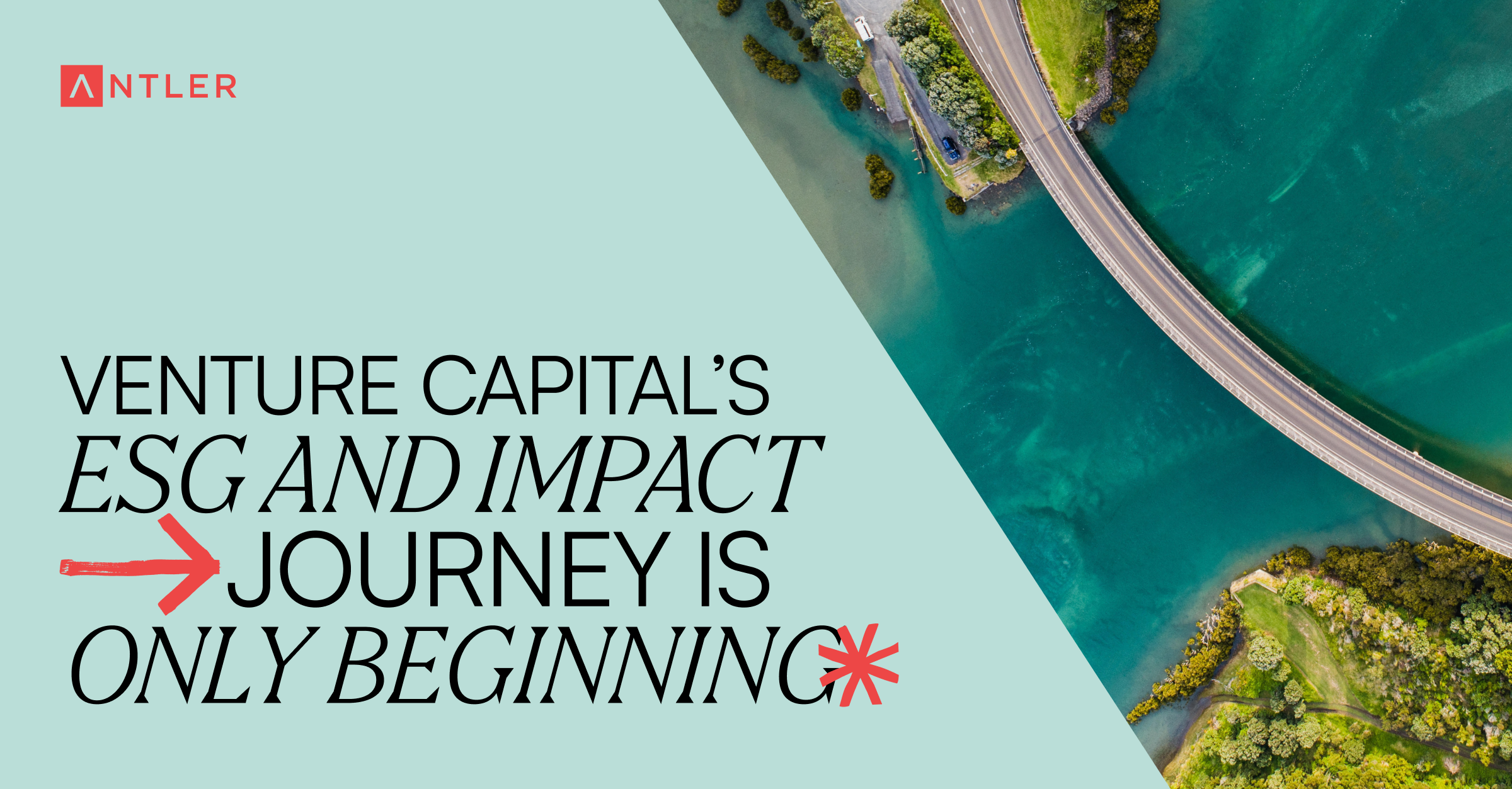Diversity is an investment cornerstone

- Antler prioritises diversity in founding teams, believing it leads to stronger and more successful companies.
- Access to capital, STEM networks, unconscious bias, and sectoral bias are all hurdles faced by diverse founders.
- AI and GreenTech are promising sectors, but it is important to remain industry-agnostic to support impactful companies.
How important is diversity to Antler in founding teams?

TC Høiseth: Diversity is a cornerstone of our investment strategy. Our goal is to make progress inevitable by empowering ambitious and resilient founders to tackle the world’s most meaningful challenges. We recognise that extraordinary founders come from diverse backgrounds and experiences, which forms the backbone of our investment approach.
This approach fosters strong, resilient teams that are better equipped to navigate the complexities of a diverse market. After all, our portfolio companies all have global ambitions, and the ability to identify and target a wide range of customer groups is essential for success. That’s why we actively influence our founders to consider diversity from the very beginning as they build their companies. We’re proud of the progress we’ve made in promoting diversity and inclusion within our investments, and we believe it will continue to be a key factor in identifying future breakout successes, our goal is to uncover the best founders around the world and this means casting our net as wide as possible to find and support them reach their full potential.
The VC industry recognises the need for greater representation but still struggles with a persistent lack of diversity in investment teams. This limits access to venture capital for diverse entrepreneurs and stifles innovative ideas. Antler, however, boasts a team of 43 nationalities, 41% women, and diverse backgrounds. We continually seek innovative ways to enhance our talent density, ultimately better supporting our founders.
What are the biggest challenges you see for diverse founders in today’s investment landscape?
TC Høiseth: Let’s talk specifically about women founders. A big challenge is underrepresentation.
Underrepresented founders also face challenges in science, technology, engineering, and mathematics (STEM) fields, where access to relevant networks and connections can be limited. This is something we’ve been actively addressing from the very beginning on our global platform. We’re involved with and collaborate with a variety of networks specifically focused on these issues.
Additionally, unconscious biases and stereotypes can undeniably affect how investors perceive diverse founders.
Finally, there is sectoral bias. In certain industries, like heavy industry, for example, female founders are less common.
How do you define diversity within your investment strategy?
TC Høiseth: At Antler, sustainability is at the core of our approach, and we believe that DEI is crucial to fostering a strong workplace culture. Within our own operations, we reflect this view by ensuring DEI is not just a checkbox or a focus solely on metrics but a strategic advantage. By valuing and integrating diverse perspectives, companies can harness the full potential of their teams, leading to stronger brands, lower turnover, and enhanced financial outcomes and innovation. In fast-paced sectors like AI, eCommerce, gaming, and cybersecurity, diversity of thought is a competitive edge, helping to avoid product biases and better cater to a diverse customer base. A founder’s ability to build a quality team and create a positive workplace culture is essential for attracting top talent in the future. Embracing DEI in the early days of a company sets the foundation for long-term success.
We are acutely aware that climate change disproportionately affects women, making diverse representation in climate-related tech solutions essential. To integrate women into the climate fight, we must increase their presence in climate startups. Encouragingly, we have seen progress within the Antler portfolio, with 28% of our climate-related tech companies having women founders. However, these founders require support and assistance to thrive.
The way we operate inherently supports diversity because our process and our actor model itself are designed to be unbiased. We actively strive to ensure everyone has a fair shot within our model. The results speak for themselves: if you look back 10 years, there were 37 ecosystems that produced unicorn companies. Just a couple of years ago, that number had exploded to nearly 200.
We believe that success shouldn’t be limited to those with the privilege of being in Silicon Valley. Our approach allows companies to be built, grow, and scale from anywhere in the world.
Our investment documents do include an ESG policy guideline that startups need to sign. This outlines sustainability principles for our portfolio companies, including how they promote diversity, equity, and inclusion within their own organisations.
Building these elements into a company’s DNA from the very beginning is crucial for us. Ultimately, we view ESG and impact investing not as separate initiatives, but as a natural and integrated part of our everyday business.
How do you work with companies at the very beginning?
TC Høiseth: The Antler program starts with a highly selective residency. We receive over 160,000 applications globally and only accept 2-3% of those. The chosen founders participate in a two to three-month residency program, typically held twice a year.
One of the first things we focus on is team formation. Many founders arrive without a co-founder, so we help them identify someone with complementary skills, background, and even gender to create a well-rounded team. Statistically, only about one out of every six initial ideas gets funded. This is because founders typically form teams of two or three by the end of the program.
During the three-month residency, we provide extensive support to the founders. They receive feedback on their ideas, participate in coaching sessions, and gain valuable exposure to the realities of building a company. This includes masterclasses, industry talks, and even video chats with VCs and successful entrepreneurs.
Once teams are formed, they enter a new phase where they begin to build their product or service. The focus shifts inward, with activities like customer discovery, industry interviews, and continued coaching sessions. Throughout this period, the founders also refine their pitch and prepare for investment presentations.
By the end of the program, approximately one-third of the participants secure funding from Antler. Our investment serves as a pre-seed investment, providing them with the initial capital to get started. We also continue to support them by facilitating connections with future investors and helping them raise seed capital.
Overall, the Antler program provides a comprehensive platform that equips founders with the skills, resources, and network needed to launch and grow their businesses.
Do diverse boards, and diverse companies give a noticeably better return?
TC Høiseth: Roughly a third of our companies overall have a woman co-founder and encouragingly, and we continue to drive initiatives like the collaborations with and explore new talent networks and partnerships such as the Schmidt Futures Refugee Program, and collaborating with She Loves Tech
Are there certain sectors, that you think over the next 20 years will be coming up?
TC Høiseth: The buzzword on everyone’s lips is AI-enabled companies, and for good reason. AI is poised to revolutionise everything from how we feed ourselves and get around to how we manage our health. These new platform technologies will undoubtedly reshape our world.
In the Nordics, however, we’re placing a particular focus on companies that tackle challenges like the energy transition and leverage our region’s historic strength in areas such as electric vehicles.
A great example is one of our Nordic portfolio companies that repurposes electric vehicle batteries. Imagine being able to extend the life of your car battery by using it for commercial real estate energy storage after its capacity diminishes for long-distance travel. Another example is a company called Spoor[2] , which uses AI to detect, classify, and trace the presence of birds around wind farms. [3] . This data helps predict potential risks to birds from wind farms before construction begins. We also have a company in Germany that uses satellite technology to measure methane and C02 emissions and pinpoint their exact source.
These are just a few examples of the many GreenTech companies we support across Europe. In Southeast Asia, we’ve seen success with consumer tech companies, while Brazil has a strong showing in FinTech.
The reason I mention such a variety of industries is to highlight our industry-agnostic approach. We believe founders can build impactful companies in any sector. This is another advantage of our approach to investing. By the time companies raise seed funding, they may have pivoted and changed direction – sometimes even multiple times. This agility is crucial in the early stages.
Ultimately, it all comes back to the people. We seek diverse founders with the specific skill sets and character traits we value.
TC Høiseth is a Partner at early-stage investor Antler, focusing on global fundraising. Previously, he held senior roles at Arctic Securities, including Corporate Finance Partner and Executive Chairman at Arctic Brasil, specialising in international finance and cross-border transactions. He is also a Board Member at SOS Children's Villages Norway.







